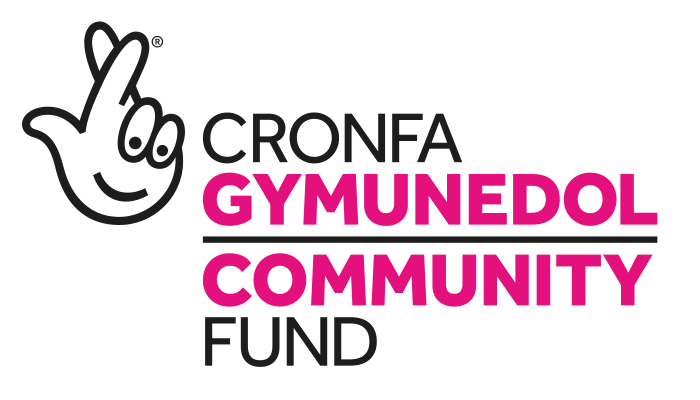Navigating and Managing Grief and Loss Through Cancer
Cancer is a life-altering experience, not only for the person diagnosed but also for our loved ones. Managing our grief and loss can be a complex and challenging journey, but with support from loved ones, skilled organisations, and self-care practices, we can hope to find strength and healing amidst the pain. Coping with the emotional pain and navigating through grief can seem overwhelming, but it is possible to find solace and healing amidst the challenging times.
What is grief? Grief is an inherent reaction to losing something or someone dear to you. It involves the emotional anguish experienced when a loved one or cherished possession is no longer with you. The ache of bereavement can be utterly overwhelming, causing a range of challenging and unforeseen emotions such as shock, anger, disbelief, guilt, and deep sorrow. Furthermore, grief can detrimentally impact your physical well-being, making it challenging to engage in activities like sleeping, eating, or focusing. These responses to loss are typical, and the magnitude of your grief tends to increase as the loss becomes more significant.
This Years National Grief Awareness week is based around better, together. The aim is to bring communities together and connect us to make us feel less alone in our feelings. Grief can be very hard to discuss with others and can cause us to want to hold it in and keep it all to ourselves. But we often find that discussing our grief with others can be much more beneficial for our mind and the healing process. At Ray of Light Cancer Support we can offer a safe, non-judgmental space to talk, access peer support, learn new skills and make new connections in the community. Please look at our ‘groups’ page on our website to see what we offer.
Our Groups – Ray of Light Wales
We also offer a telephone befriending service specifically designed for anyone affected by cancer. Whether you are currently undergoing treatment, caring for someone with cancer, or have experienced the loss of a loved one, we are here to provide the companionship and the support you need. You can refer yourself and find further information on our website.
Telephone Befriending – Ray of Light Wales
Grieving can be very complex, especially if we were in the caring role also. This loss can be multi-dimensional and the feelings we may have can sometimes confuse us and make us feel bad. We may feel relief, caring for someone that we have seen in pain and change due to the illness now at peace and the responsibility that we have had on us may have been very challenging to manage.
We may also grieve the caring role we were in. The caring responsibility can take up a lot of our time and our thoughts and when that has gone it may be a shock to no longer have these responsibilities.
Here are 7 strategies that may help you to manage grief and loss that could be experienced during the cancer journey.
- Acknowledge Emotions:
Grief can manifest in various emotions such as sadness, anger, guilt, fear, and even relief. It is crucial to recognise and acknowledge these emotions rather than suppressing or denying them. By giving yourself permission to feel, you allow yourself to start the healing process and eventually find acceptance.
- Seek Support:
Dealing with cancer-related grief and loss can feel isolating but remember that you are not alone. Reach out to friends, family, or support groups who can provide empathy, understanding, and a listening ear. Joining support groups specifically designed for cancer patients, survivors, and their loved ones can be immensely beneficial in finding a sense of community and shared experiences.
- Practice Self-Care:
Caring for yourself physically, mentally, and emotionally is essential during this challenging time. Engage in activities that bring joy, relaxation, and rejuvenation. Regular exercise, nutritious eating, getting enough sleep, and practicing mindfulness or meditation can help to reduce stress and promote emotional well-being.
- Communicate Openly:
Open, honest, and compassionate communication is key when dealing with grief and loss. Talk to your loved ones about your feelings, concerns, and fears. Share memories, stories, or any cherished moments with the person affected by cancer. Open discussion encourages a support system that can provide comfort and strength during tough times.
- Seek Counselling:
Professional counselling or therapy can provide a safe space to navigate complex emotions and receive guidance from trained therapists experienced in cancer-related grief and loss. Counselling can help individuals develop healthy coping mechanisms, process emotions, and find new perspectives on grief.
- Honour and Remember:
Remembering and honouring the person lost to cancer is a fundamental part of the healing process. Create rituals or meaningful activities that celebrate the life of your loved one. This may include visiting their favourite places, organising a memorial service, or engaging in activities that were important to them. Opening up about your loved one’s impact on your life and sharing memories can also bring comfort and closure.
- Embrace Life After Loss:
Moving forward after loss does not mean forgetting; it means finding a way to live a fulfilling life while cherishing memories. It’s okay to experience happiness and laughter amidst grief. Look for new opportunities, build new relationships, and allow yourself to find joy in small moments. By embracing life, you honour the memory of your loved one.
Grief and loss are natural responses to the challenges cancer brings. Remember, healing takes time and is unique to every individual. Be kind to yourself and lean on the support available to you.

